A time for concerted action among Quad countries: Gateway House Task Force Report
Group identifies areas of potential economic and technological cooperation between four like-minded democracies in the Indo-Pacific

Group identifies areas of potential economic and technological cooperation between four like-minded democracies in the Indo-Pacific
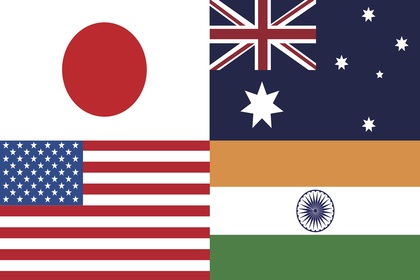 Courtesy: Shutterstock
Courtesy: Shutterstock
The Quad countries are preparing for an autumn summit in Washington, which will provide an opportunity to discuss multilateral cooperation in various sectors. Four dimensions which merit closer attention and are crucial to the group's future are the Indo-Pacific strategies of European countries and the EU, partnerships with ASEAN and its members, closer India-U.S. ties and maritime security issues in the Pacific.
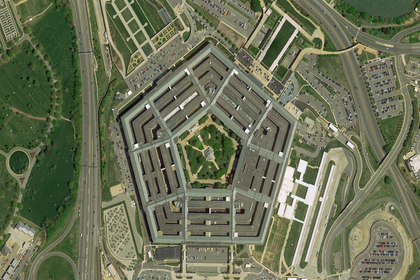 Courtesy: Shutterstock
Courtesy: Shutterstock
On 28 May 2021, the Biden administration submitted a much-delayed Defense Budget to Congress, asking for $715 billion for 2022, a 1.6% increase over the previous year’s $703.7 billion. This marginal increase highlights the U.S.’s shrinking capacities compared with China, which spends less than a third of the U.S. on defence. This Budget is focussed on challenges in the U.S.’s geographic vicinity, not the administration’s resolve to counter the threat of China from a position of strength.
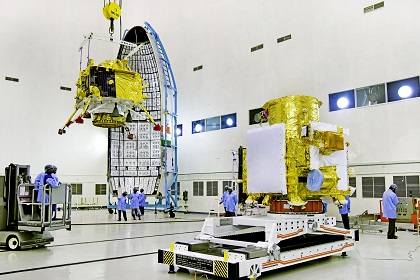 Courtesy: ISRO
Courtesy: ISRO
With the space sector being divided into astro-political blocs, India can't afford to stay non-aligned. A recent treaty between China and Russia makes it plain for India that leaving space exploration to a few science aficionados can be dangerous. India needs a national space exploration strategy with tangible economic and meta-strategic goals in sight.
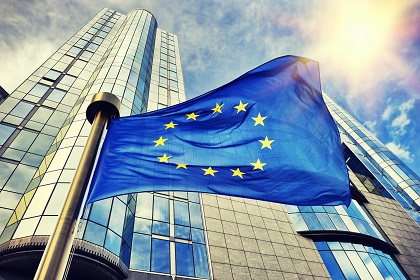 Courtesy: European Union
Courtesy: European Union
The EU’s Indo-Pacific strategy comes better late than never. But it has to step gingerly. It cannot antagonize China, wants to build on the legacy of its members’ colonial past, give the region the infrastructure it needs, and make the trade agreements that it wants. Is it achievable?
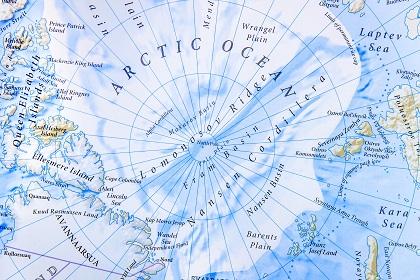 Courtesy: Arctic Council Flickr
Courtesy: Arctic Council Flickr
India has had big successes during its first stint as an observer in the Arctic Council. Since then, the country has made substantial progress in its climate action pledges and developed comprehensive strategies to mitigate climate change. With its re-election, India can now offer much more to the global organisation's role in promoting environmental stability in the polar region.
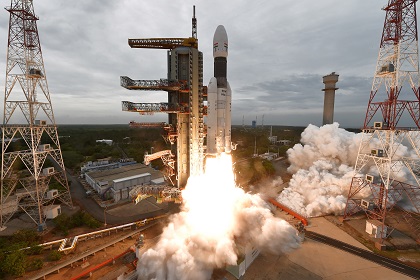 Courtesy: ISRO
Courtesy: ISRO
As the density of satellites increases in Earth's orbit, extreme space weather events like solar storms and radiation whiplashes threaten satellite constellations. A ‘whole-of-government’ approach is needed to address the challenges of space weather on India’s converging space and digital economies.
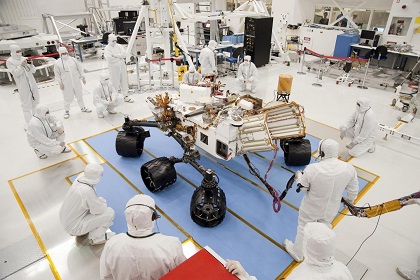 Courtesy: NASA/JPL-Caltech
Courtesy: NASA/JPL-Caltech
With an increasing human and robotic footprint in the solar system, there is a need to develop robust regulatory mechanisms to prevent the “forward” and “backward” biochemical contamination of these unexplored celestial bodies.
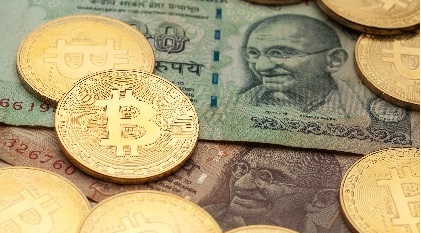 Courtesy: Gateway House
Courtesy: Gateway House
With the Cryptocurrency and Regulation of Official Digital Currency Bill 2021 set to be introduced during parliament’s on-going budget session, India is now ready to introduce its own official digital currency—following in the footsteps of China and Russia. So far, Indian regulations prohibited the public from trading in crypto-currencies. However, the investor community has an interest in them, as an asset that is not subject to government devaluation, unlike regular fiat currency in circulation. This infographic traces the evolution of crypto-currencies since the launch of Bitcoin in 2009.
 Courtesy: Twitter
Courtesy: Twitter
The U.S. Navy Secretary, Kenneth Braithwaite, visited India on 17 Dec 2020. Will this year-end visit culminate in the reactivation of the First Fleet under the U.S. Indo-Pacific Command? The First Fleet, is likely to be an expeditionary fleet - one without a shore-based headquarters and assigned primary responsibility for the Indian Ocean and parts of Pacific Ocean bordering South Asia. Its reactivation will emphasise the strategic importance of this region. It will also relieve the burden of the U.S. Navy's 7th Fleet headquartered in Japan, that is deployed for operations in this vast oceanic space.